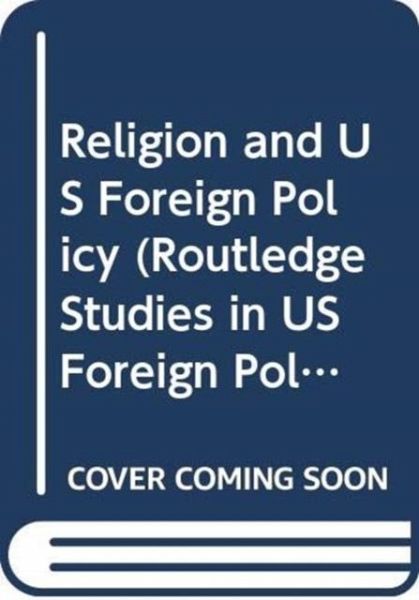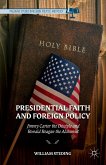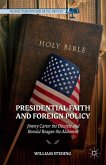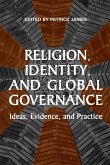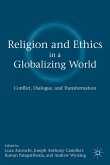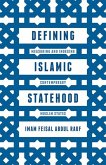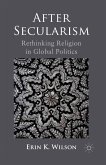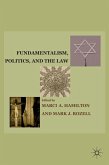The events of 11 September 2001 opened a new century in which the old certainties about a secular international order were brought into sharp relief. Scholars and foreign policy analysts had largely accepted a secular worldview and paid little heed to the resurgent religious dimension around the world, which suggested that it was the west that was out of step. Religion and US Foreign Policy in the 21st Century provides a comprehensive overview of the role of religion in contemporary US foreign policy. The first book to consider the significant influence of religious actors on the Bush and Obama presidencies, this work explores both change and continuity between the Republican and Democratic administrations. This comprehensive analysis seeks to encompass the role of civil religion in US foreign policy, the emergence and influence of both a Christian Right and Christian Left, and America's relationship with the Muslim world. The trend towards faith-based diplomacy and foreign assistance is also discussed, along with the role of religious influence in the US military and the impact on foreign policy delivery on the ground. The approaches of both administrations to Israel and the Middle East peace process are critically examined before moving on to consider the future of religion and US foreign policy. Featuring both primary and secondary sources including interviews with leading religious figures and foreign policy practitioners, Marsden clearly demonstrates that the religious turn in international relations is here to stay. This timely book is essential reading for anyone seeking to make sense of US foreign policy in the 21st century.
Hinweis: Dieser Artikel kann nur an eine deutsche Lieferadresse ausgeliefert werden.
Hinweis: Dieser Artikel kann nur an eine deutsche Lieferadresse ausgeliefert werden.

